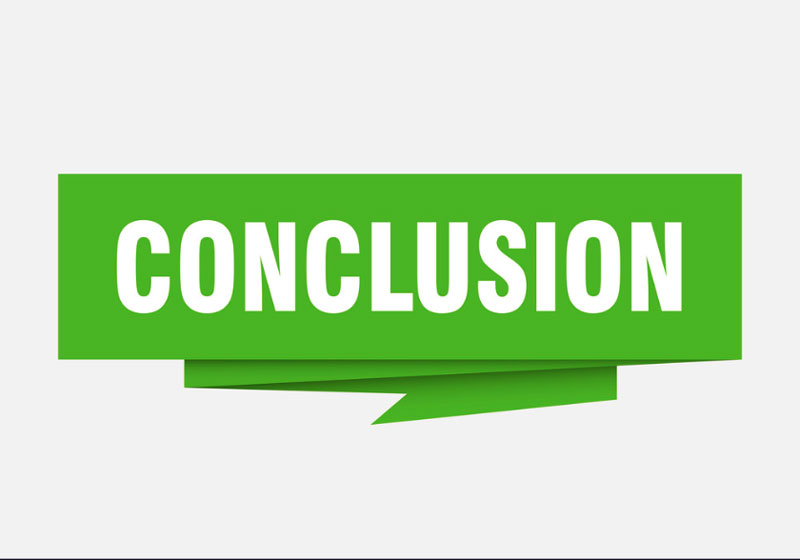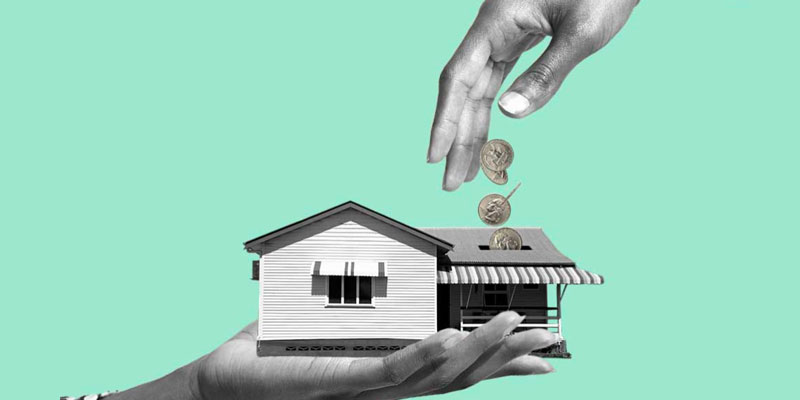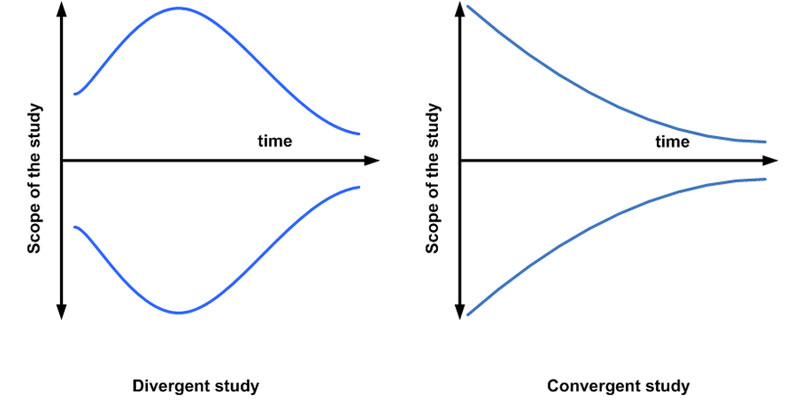You've set your sights on owning a property. However, homes are outrageously priced these days, to the point that saving for a deposit or applying for a mortgage may seem difficult. Renting to purchase a house could appear appealing at this time. Nevertheless, rent-to-own schemes carry significant risks. The advantages and downsides of rent-to-own properties will be explained in detail so that you may make an informed choice on your path to homeownership. So, let’s read about Rent-to-Own Homes: How the Process Works.
What Is A Rent-to-Own Home After All?
Leasing a house with the option to purchase it at the end is known as a "rent-to-own" or "lease-to-own" arrangement. Signing a contract consenting to the lease period, house price, and other terms is required. (All of that will be covered shortly.) There may also be a clause in the contract that specifies how much of your rent money the seller is required to put toward your equity—the piece of the house you'll own, rather than what you owe the seller.
Rent to Own: How Does It Work?
Because they postpone homeownership for people who aren't ready to make a purchase, lease-to-own programs are distinct from traditional home purchasing processes. We'll walk you through the fundamentals of renting to acquire a home. Let's get this out of the way first: We're not endorsing this. We only want you to understand how these contracts function so that you can realize how confusing they may be and why you must steer clear of them!
1. Negotiate A Buying Price.
In many rent-to-own contracts, the purchase price is stated in advance. The price may be set accordingly based on the home's actual market worth or an anticipated one. To put it another way, they'll put a price on the property that they believe will be worth an additional $20,000 in four years, and you will have to spend it, even though the house doesn't appreciate in value at all, since they've already done so. When a price is preset, the buyer &'' seller are bound by it from the moment the contract is signed. Rent-to-own agreements allow buyers and sellers to negotiate a price for the property when the lease is up.
2. Determine Whether Rent Payments Are Used Toward The Purchase.
People often inquire whether rent-to-own houses lessen monthly expenses. The response is a resounding "no!" Lease-to-own rents are often more expensive than normal rents in the same neighborhood. A portion of each month's rent is usually placed away as a credit against your future purchase. Rather than putting cash into their own wallets, they increase the rent to compensate for this additional expense.
Even though your monthly rent does not contribute to the purchase price, renting to buy a house is still more costly than paying rent for an apartment because of the additional costs involved in owning a property.
3. Determine Whether, As A Renter, You Are Liable For Maintenance And Repairs.
Repairs, upkeep, homeowners association (HOA) dues, and property taxes may be included in your rent-to-own arrangement. As a result, you might be responsible for all of it, from landscaping to a malfunctioning air conditioner. That's why it's critical to have an attorney guide you through the contract and explain exactly what each side is obligated to do.
4. Agree On The Lease-to-Own Contract Terms.
In the agreement, you as well as the seller will settle on the length of the lease. It normally takes between one and three years to rent a property before making an offer to purchase it. That stated the duration might be shorter or prolonged based on your specific circumstances. When it comes to deciding on the sort of rent-to-own arrangement you want, you'll have to work together to come up with an understanding.
5. Go From Renting To Purchasing.
The only way to avoid a mortgage is to save up enough money to purchase the property entirely when the lease is up. Your mortgage provider will then schedule a closing date for when you will officially become the owner of the home you've purchased. Your down payment may include the rent money you've saved for your purchase (and, if applicable, the option money), depending on the conditions of your rent-to-own arrangement. On the other side, your ability to acquire the property may be lost if you do not meet the criteria for a mortgage loan.
Is Rent-To-Own A Smart Choice?
A rent-to-own program may seem like a smart idea to purchasers who aren't quite ready to get their hands on a mortgage but still wish to get their toes inside the door. It's a drawback that rent-to-own properties carry significant risks. Consider the benefits and drawbacks of each option.
Pros

Avoiding Buyer Competition Is One Option
If you've got a rent-to-own arrangement, you won't have to battle with other purchasers after the lease period ends. And that's a tremendous comfort considering the recent competitiveness of the property market!
Almost Everything Can Be Worked Out
No typical contract exists for rent-to-own properties since they are less regulated than just a regular purchase or rental. The conditions may be negotiated to your liking. The best way to ensure that you are comfortable with the terms of your contract before signing anything is to meet with a competent estate representative and an attorney.
Cons
Monthly Rent Will Go Up
You will pay more for your rent if you have a rent-to-equity arrangement, which means your monthly rent will be greater. You're locked in a compulsory savings program where you're driven to purchase a property, ready or not. Why not rent a less expensive property and save the funds yourself?
Fees and Repairs Will Be an Additional Expense
That upfront deposit is necessary so that you may have the option of purchasing the house in the future. It's not going to be refunded if the transaction doesn't go through. And don't forget that even if you're renting, you may be liable for all repair work. For a residence that isn't even yours, unexpected crises may wreak havoc on your wallet!
Conclusion

Even if the conventional route to home ownership takes more time, you'll be pleased you took it in the long run. Good real estate agents can assist you in finding the home of your dreams within your price range when the time comes to make the purchase. Then, when are you going to acquire your own place? We can only send our best wishes your way.




